CIVIL servants have threatened to completely down tools and escalate their fight for better wages after police yesterday blocked their march to hand over petitions to Finance and Labour ministers.
The civil servants were supposed to march from the Public Service Association House along Livingstone Avenue to Kaguvi Building to hand over a petition to Mthuli Ncube (Finance) and Sekai Nzenza (Labour), whose offices are at the New Government Complex.
But the government workers were shocked after they were blocked by armed riot police despite having been given the green light by the law enforcement agents.
As early as 6am, armed police had cordoned off the PSA House, with water canons parked at Causeway Post Office, a few metres from where the march was supposed to start.
At around 12 midday, the civil servants, singing, toyi-toying and brandishing placards, were shocked when they were told by the police that they could not be allowed beyond a 100 metres radius from the building.
The police barricaded the two exit points, demanding that the government workers only release four of their leaders to march and petition Nzenza and Ncube, while
the rest remained restricted in the 100m radius.
This sparked outrage among the handful of the protesters, mainly from the militant Amalgamated Rural Teachers' Union of Zimbabwe (Artuz) members, who tried to force their way through the police human wall, triggering a scuffle near Dominican Convent School that lasted about 10 minutes.
While the running battles continued, the singing and drum beating continued within the permitted area, with most songs denouncing Ncube, describing him as a failure and calling for an end to his austerity measures the workers claimed had caused them untold suffering.
The development comes at a time the largest teacher union, the Zimbabwe Teachers Union, yesterday declared incapacitation, claiming its members would now work for two days out of a five-day working week.
Apex Council chairperson Cecilia Alexander, who was earlier blocked when she tried to force her way through the police barricade to lead the marchers to government offices, expressed dismay at the conduct of the police and government.
"From here, we will go to the ILO [International Labour Organisation] to report what has happened, we were not allowed to petition," she said.
"The government is wasting our time with these negotiations. We are pained by having our time wasted by being given the go-ahead to march, then when we are marching, we are told that the police have changed their minds and we are no longer marching."
Alexander tore the petition they were supposed to hand over to government, saying it was needless to send only four leaders.
"As leaders, we have been meeting government and if that was the logic, we could have just handed the petition to government in our meeting on Tuesday," she said.
Before the workers were blocked from marching, Alexander said the umbrella body had tried in vain to negotiate with government.
"Things are not well, if you see a negotiator coming back to the people to say we have failed on the task. This is what we are doing. We have tried everything in our capacity hoping our employer would understand, but it failed," she said.
"Imagine, we gave an incapacitation notice last month and after 25 days, government called us to a meeting and offered nothing. Nothing came out of Tuesday's meeting."
Alexander insisted government workers did not want a salary increment, but only to have their salaries indexed to the United States dollar interbank rate.
She said the demand was necessitated by the fact that government and business were pegging prices of critical goods such as electricity and fuel using the US$ index, and as government workers, they felt left out of the economy if their salaries are now rated.
"We are not the ones who put in place these policies. It's government and as for us, we are simply responding to government policies," she said.
"What I am saying is, without workers, government is a sinking ship. Doctors have already withdrawn their labour, and without doctors in hospitals, teachers in schools, workers in ministries, government is a sinking ship," he said.
Dzatsunga attributed the low numbers at the protest to the intimidatory environment created by the police.
"It is a give-and-take game. We are given the green light to march and there is heavy police presence to chase away the protesters. The police have been here since 6am and even myself, I struggled to decide whether to come or not until I was assured by colleagues already here. They claim they are giving us security, but the environment is too intimidatory," he said.
The police were actually outnumbering the protesters, with high-ranking officers seen milling around the scene giving orders to their juniors.
Progressive Teachers Union of Zimbabwe secretary-general Raymond Majongwe, whose outfit pulled out of the Apex Council accusing it of being a government handle of stifling workers' interests, said he attended the march in solidarity with other government workers.
"We came here in solidarity and what we are noticing here is uncalled for, unnecessary and unprovoked aggression against workers by the police," he said.
"What we are seeing is an example of a system that is failing to address its problems. Workers wanted to submit a petition, not grenades. The lesson has been learnt, these guys we are dealing with are not honest.
"They (police) gave you (Apex Council) a green light to submit the petition, when you were not there they called the police to create barricades. The voices here that I have heard are not fighting to remove Mnangagwa. They are fighting for food on their tables."
Majongwe said his outfit would roll out a programme to continue fighting for a sustainable living wage from government.
"I am happy our brothers at Zimta have issued an incapacitation notice. United, we will succeed," he said.
Artuz president Obert Masaraure said government workers had reached a stage where they needed to unite.
He said the blocking of the march showed that dialogue no longer worked, adding the workers would respond by protesting every week until their interests were respected.
"Mnangagwa removed (the late former President Robert) Mugabe in November and maybe he thinks we want to do the same this month. We simply want our salaries," Masaraure said.
The least government worker is earning $1 023, an amount not even enough to buy US$50 on the parallel market in a country ravaged by hyperinflation, with most goods priced using the US$ as the reference currency.
- newsday
 Shamu praises Mnangagwa's SADC leadership
Shamu praises Mnangagwa's SADC leadership  South Africa is in serious trouble
South Africa is in serious trouble  US halts visa services for Zimbabwean nationals
US halts visa services for Zimbabwean nationals  ZSE pushes for another equities tax cut to boost selloffs
ZSE pushes for another equities tax cut to boost selloffs  Gold edges up as traders await guidance
Gold edges up as traders await guidance  Inside Buhera's hidden cost of lithium
Inside Buhera's hidden cost of lithium  Young Investment Professional (YIP) Graduate Programme 2019
Young Investment Professional (YIP) Graduate Programme 2019 
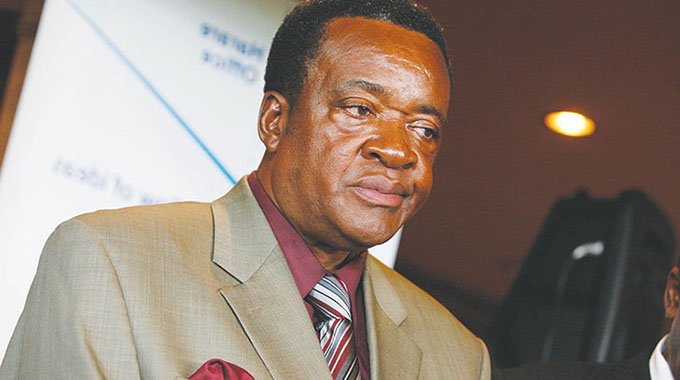
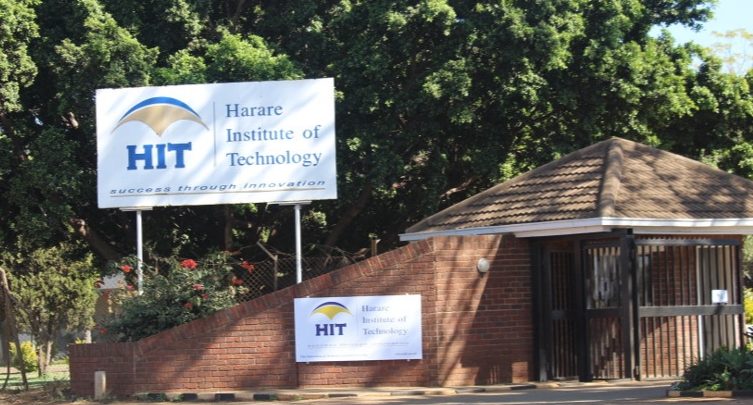
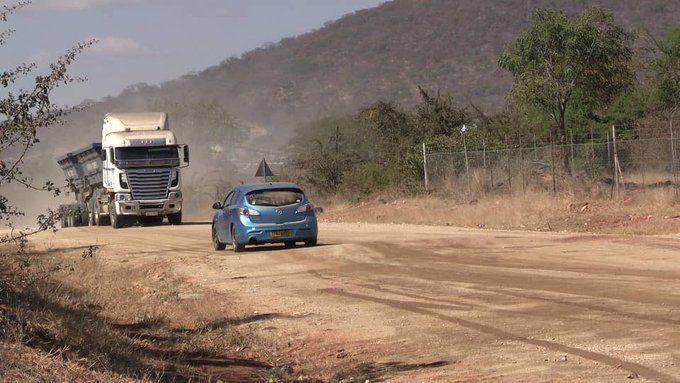
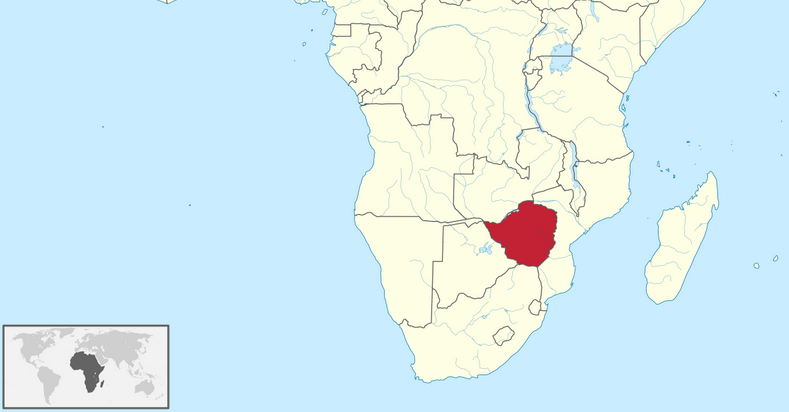
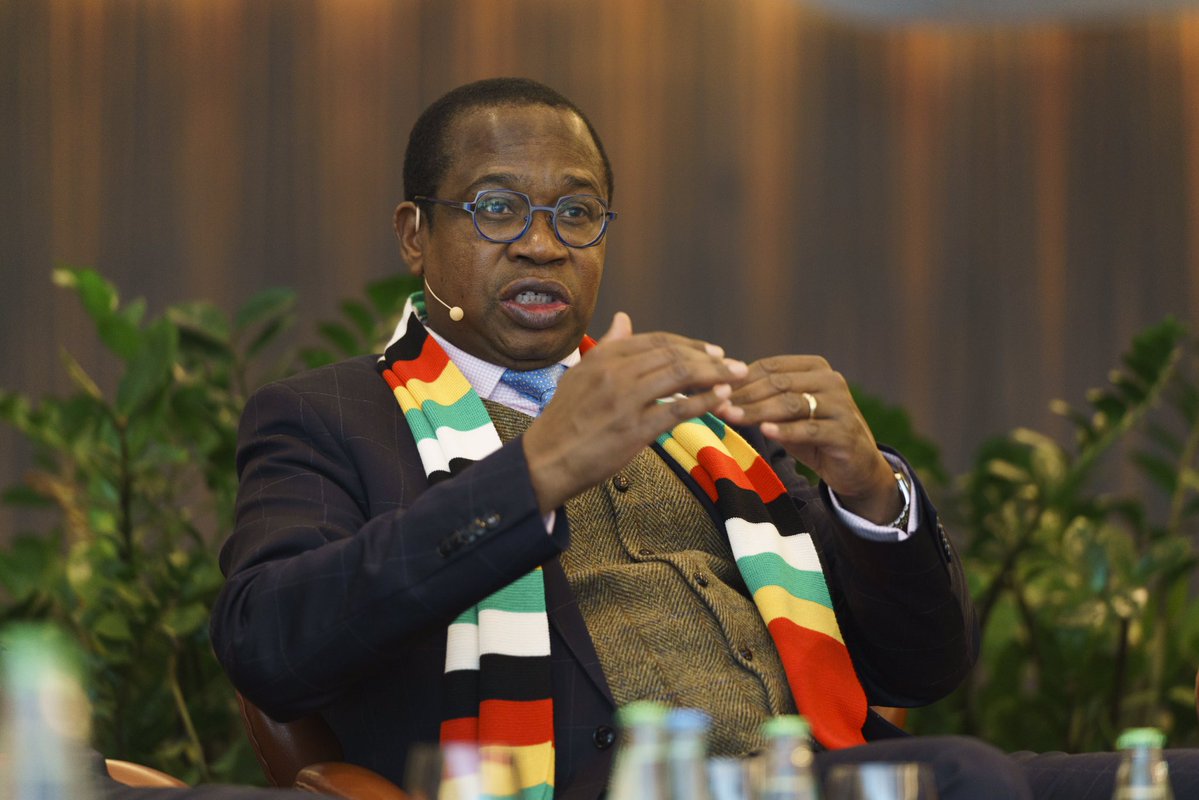
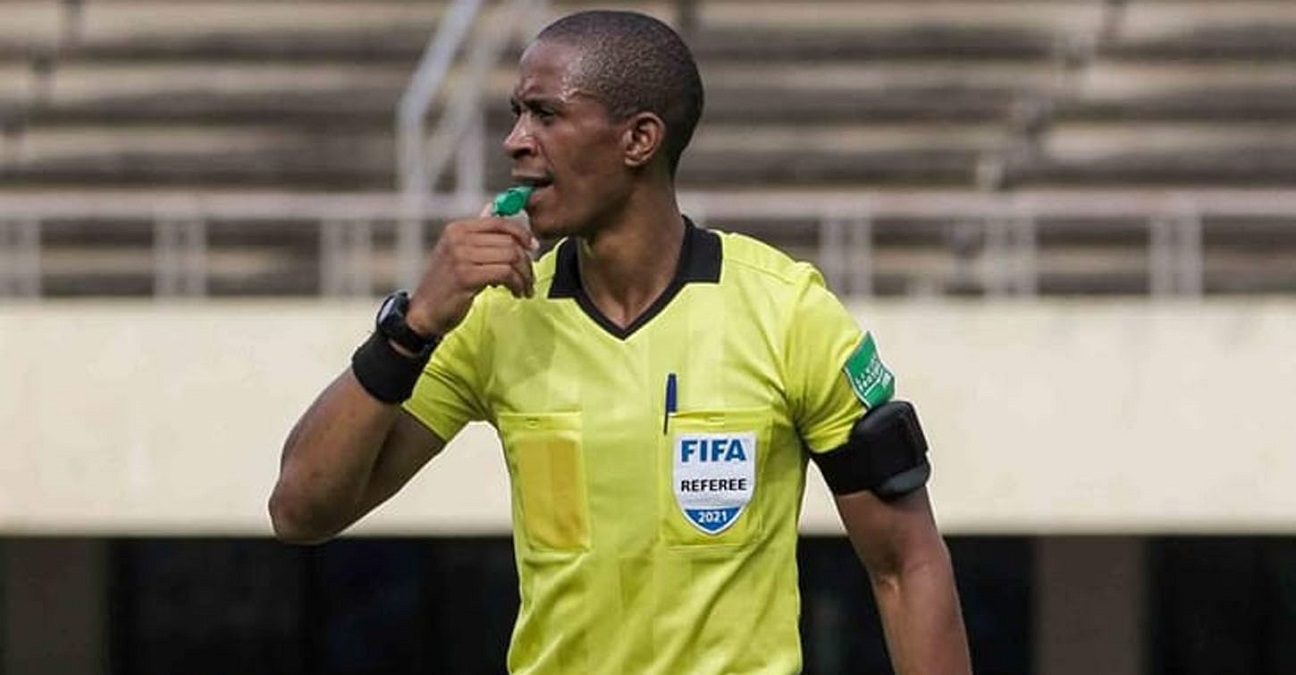




 Young Investment Professional (YIP) Graduate Programme 2019
Young Investment Professional (YIP) Graduate Programme 2019
Editor's Pick